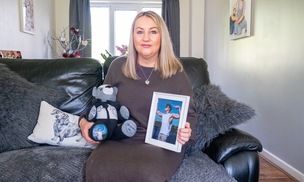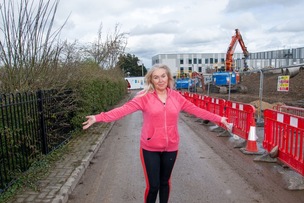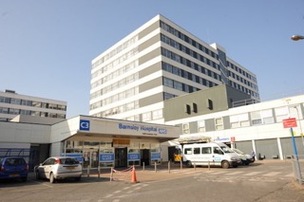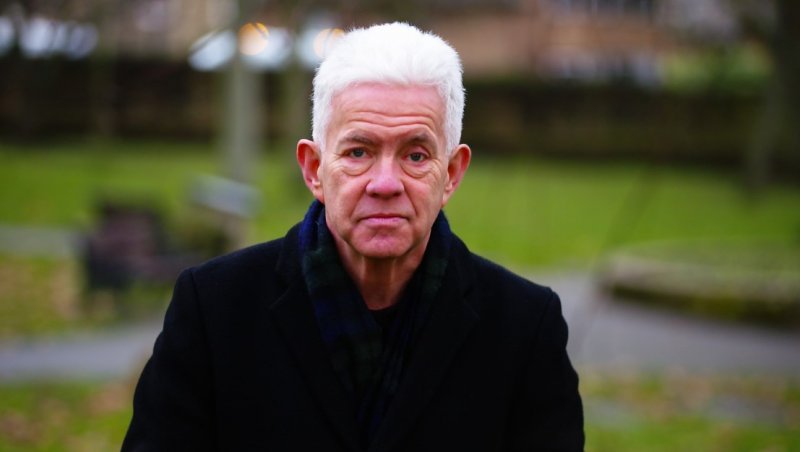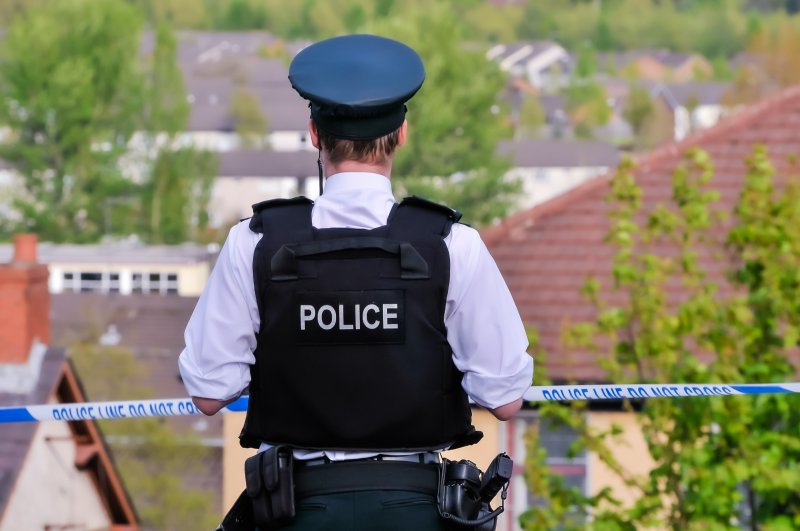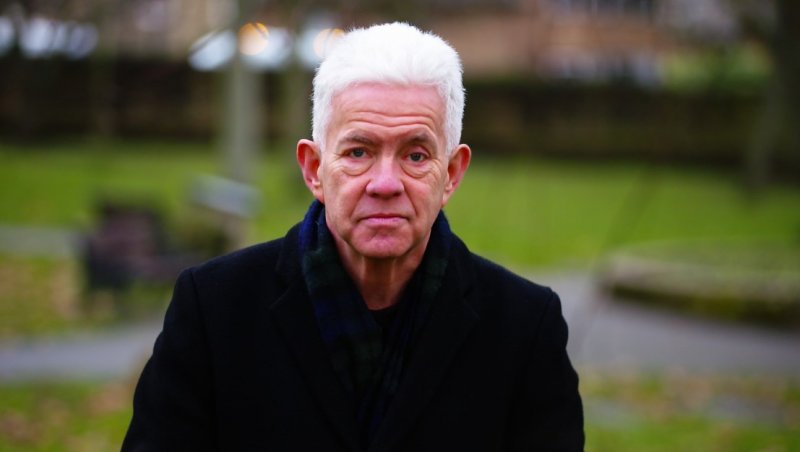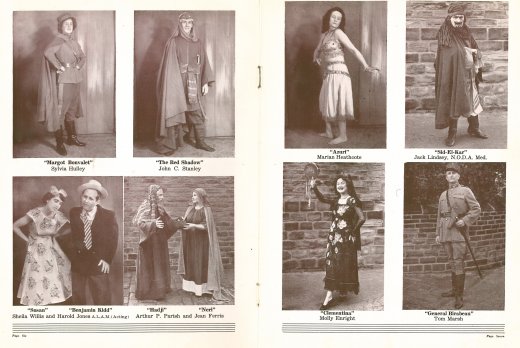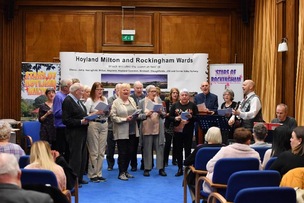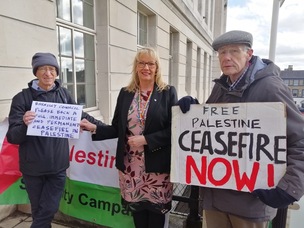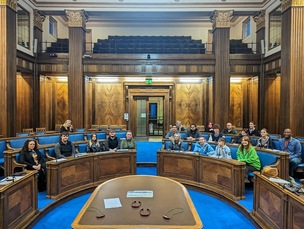Like many other bus users I’m appalled by the cuts to local services that have been announced and which will start from next week. Buses are vital for any community to thrive and late-evening and early morning buses are doubly important for people going to and from work or coming back from a good night out in the thriving town centre.
Because I’m a writer and I like to think in stories, here are a couple of possible futures that I think might happen. One future is terrible and empty, one future is glowing and glorious. It’ll be obvious which is which. It’s also obvious which one I prefer.
In the first possible future my grandson Louie, who is one year old now, is sixteen and he’s going to college. There is now one bus a month from where he lives just outside Barnsley to the town centre. The bus leaves on the first of every month at 0500 and it never waits, even for the people who are running as fast as they can.
The bus takes about 18 hours to get to town because it visits every village in the borough at a snail’s pace which is ironic because the bus is called Tarn Hoppa with the logo of a kangaroo on the side, hopping along happily. Because the bus only runs on the first of every month, setting off back from town the next morning at 0500, there’s the problem of how you get home if you can’t hang around in town for a month.
Some students, like Louie and his mates, walk home, which takes a lot less time than the Hoppa but which is still pretty tiring. Some get lifts from parents, clogging up the roads and turning the air filthy. Some get taxis, costing them a fortune over a term and it can take a long time to get home in the taxi, partly because of the aforementioned clogged-up roads and partly because, once a month, the Tarn Hoppa is hopping along so slowly that traffic builds up behind it so much that the people at the back of the queue are actually in a different time zone.
And here’s another possible future for Louie and his mates. In this scenario he only has to walk a few yards to get to a bus shelter, a smart bus shelter that tells him, in a voiceover recorded by his elderly grandad, what time the next bus is coming.
In a sense, he doesn’t need the information because the buses are always reliable, always on time, always clean. The voiceover tells him that there will be a bus along in five minutes because there’s always a bus in five minutes and of course some people in the bus stop tut a little because in this modern age of endless cheap public transport, five minutes seems like a long time.
It’s like these days when you go to London and you wait for a tube and people can seem impatient if the next underground train is more than two minutes away. The bus arrives, silently because it’s electric. Louie pays the tiny fare with his smartcard and the bus sets off down the bus lane that is specifically for buses and for nothing else and the bus zooms along. If the bus fills up then more buses arrive from the seemingly endless supply of buses that are kept in a depot. Louie knows that if he comes back from an after-college event in the evening there will be still be plenty of buses and indeed when his older brother Noah comes home from a party in the early hours there will still be plenty of buses, every five minutes 24 hours a day.
Yes, I know, I’m daft and naïve and this will never happen but maybe if we keep telling these stories and asking why it can’t happen then maybe it can, maybe it will. I’m 68 years old next year and I want to live long enough to see buses and trams and trains that are frequent and cheap and green and which connect with each other and which, more importantly, connect people with each other because in the end that’s what buses are for, that’s what all public transport is for: connecting people.



